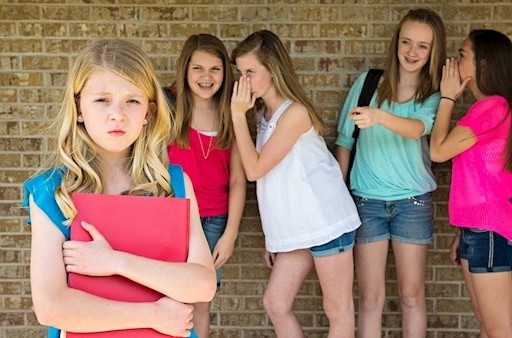Parents often come into my clinic because living with their teenage son/daughter is incredibly problematic. They seek therapy after a particularly unpleasant experience. Those first few minutes of a session can be awkward, as each party tries to get their point of view across.
Parents say, ‘I don’t know how we have gotten to this point’ after they describe the tension and fighting in the family home. And living with a difficult teenager can cause a considerable amount of disharmony.
A teenager with a well-developed recalcitrant spirit can push the competency of any parent and place stress on that relationship. But the difficult teenager is often struggling under the weight of a destructive label.
The young adult feels vilified by the family. I often hear them describe themselves in terms of being ‘the bad egg’ or ‘black sheep’. Remember, a label does not predict the future: it writes it.
And in families, roles become clearly defined and labels copperfasten a child’s sense of self. One teenage son illuminated to me his perception of himself as he described the roles in the family:
‘My sister is the golden child, my brother is very good at school, so I guess that leaves me being the bad one’.

When I asked why he has to be ‘the bad one’, he replied: ‘because all the other positions are already taken’.
This was a very striking conversation and it brought into focus a very significant idea: children can develop a particular way of being in the family, due to how they perceive they are being perceived by that unit.
Children are always interpreting the feedback they receive. Therefore, if they pick up that they are viewed by their parents as being difficult to manage or different than the other children, they will bring this into life and live it. As I said, a label writes the future.
Think about your own relationship with your siblings. No matter how old you are when you all meet up, do you fall back into that childhood role?
I work with trainee teachers in DCU and, in my first lecture, I ask the students to write a list of all the positive and negative labels they received during their academic career. It is always such a poignant moment, as the students read out negative comments that have stayed with them through their educational journey.
Often, through tears, they say, ‘stupid’, ‘good for nothing’, ‘useless’, ‘lazy’, ‘fool’, ‘idiot’, to mention a few.An exercise like that is designed to show teachers, heading out on this wonderful career, that labelling children is such a destructive thing to do. And when we do label a child, it speaks more to our lack of competency than the child being ‘bold’, ‘lazy’, or ‘bad’.
I hear it in the staffroom so often: a teacher launches a label about a child after they’ve had a negative experience in class and then another teacher joins to confirm the label and further scapegoat that child.What do you think happens to that child in that system? Will they become more difficult when they realise how they are being perceived? Will it be more difficult for those teachers, sitting there listening to this negative conversation, to have a positive relationship with that student?
I think so! When a student receives a label, that label will shape nearly all of the interactions they have with their teachers.
Of course, some students are difficult, and, of course, some of our children are more difficult than their siblings. But how we respond to this challenge will determine if there is going to be a positive outcome.
All behaviour is communication. We have to ask ourselves, as parents, ‘what is my child trying to tell me by the way they are behaving’? Maybe their behaviour is a way of communicating that they are not happy with how they are being perceived.
Think about when you were young.
If a particular peer group thought you were intellectual or funny, how did you act in that milieu?
Well, more than likely you played up to it. You became funnier or perhaps you said more cerebral things around them, because that is how you thought they perceived you. This is such an important insight, when thinking about how to support the child in your house who is difficult.
Our children will, at times, challenge us. They will push our competencies and may even diminish us, but how we react to those challenges and difficult moments will determine if there is going to be a desirable outcome.
When we launch a label, it can have devastating consequences for the future happiness of our children.
The next time you hear yourself labelling your child, ask yourself: does my child know I think this about them? Labels are easy to rewrite. Start today.




